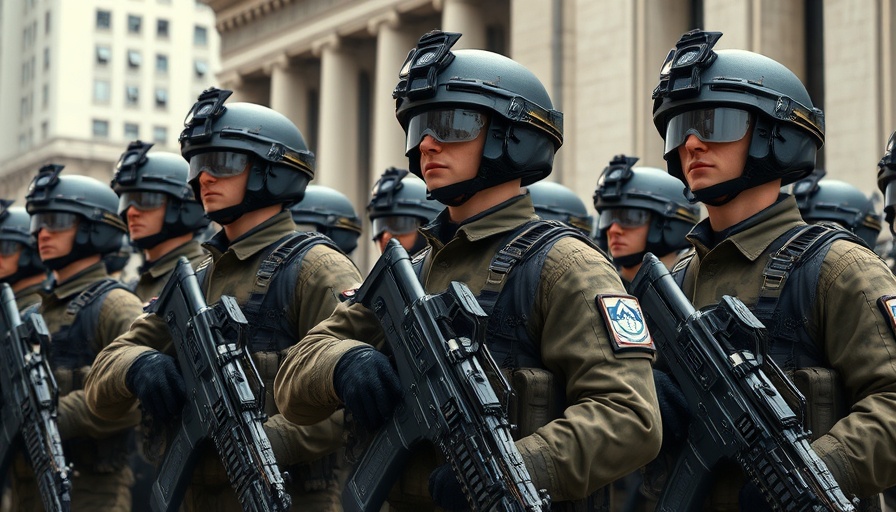
Rising Tensions: Kenya’s Controversial Diplomatic Move
Tensions between the Democratic Republic of Congo (DRC) and Kenya reached a boiling point over the weekend as Kenyan President William Ruto announced the appointment of a consul general to the eastern DRC city of Goma. This strategic location has been under the control of the M23 rebel group, part of a coalition known as the Congo River Alliance, for the last seven months.
The video DR Congo government rejects Kenya's naming of consul to occupied Goma explores ongoing tensions between the two nations, prompting us to analyze the implications of these developments.
Violation of Territorial Integrity
The DRC government swiftly reacted, calling Kenya's decision inappropriate and a blatant disrespect for its territorial integrity. Kinshasa voiced its concerns, stating that the announcement from Nairobi not only undermines international diplomatic practices but could be interpreted as legitimization of the M23's occupation. Such assertions raise significant questions about the legality and implications of foreign diplomatic appointments in conflict zones, highlighting the delicate balance of power and sovereignty in East Africa.
The Background of Conflict
As the M23 gains territory in the mineral-rich eastern DRC, their claims of rescuing the region from perceived misrule by Kinshasa resonate with some local communities. This ongoing conflict is fueled by a complex mix of historical grievances and geopolitical interests, including accusations of Rwandan support for the M23, which complicates the regional dynamics significantly.
Implications for Regional Stability
With the situation in Goma serving as a litmus test for diplomatic relations in the Great Lakes region, Kenya's unilateral move could provoke further unrest. This scenario underscores the necessity for a collaborative approach to resolving the crisis, one that considers the wants and needs of DRC's local populations.
Calls for Dialogue and Resolution
As diplomatic tensions escalate, it's crucial for affected nations and the international community to prioritize dialogue over military solutions. The situation calls for collective action in pursuing peace and addressing the root causes of such conflicts.
 Add Row
Add Row  Add
Add 




Write A Comment